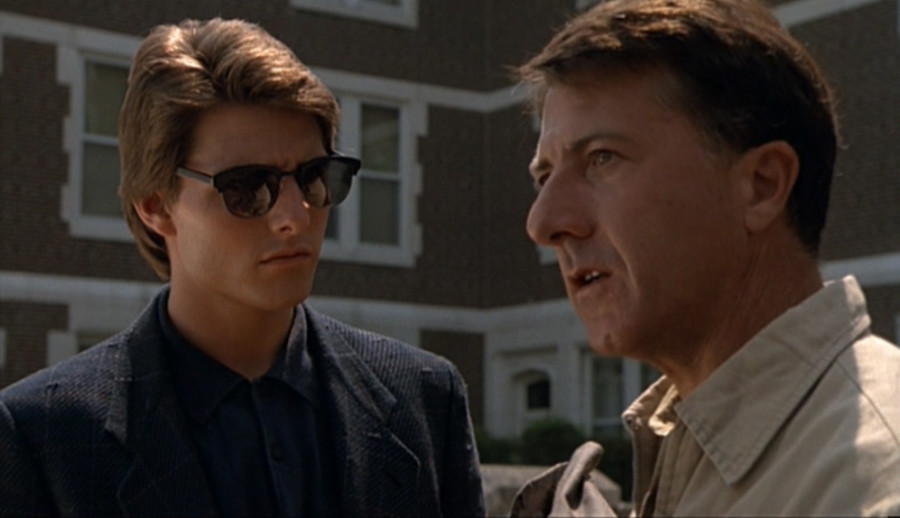
By Chelsea Nicole Brown
Staff Writer
Media representations of autism have led to issues with labelling, causing those with the condition to feel hurt and frustrated.
We all remember the movie “Rain Man.” It was the story of an autistic “savant” named Raymond who is Tom Cruise’s character Charlie Babbitt’s unknown brother. In the film, Raymond is incredibly gifted in “mental calculation,” and can count literally hundreds of objects at once. This ability is extremely past the normal range of human mental calculation abilities.
This film, while receiving rave reviews and numerous awards from the box office, has created a horrendously invalid stereotype about people with Autism Spectrum Disorders (ASDs) being savants. It has even gone so far as to be used as a short hand to refer to an individual with autism. Whenever I bring up that I have an ASD, nine times out of 10 the first thing someone says is “So you’re like ‘Rain Man,’ right?” That’s not to say that “Rain Man” was without its positives. The film did bring to light the abject failures of many public agencies to accommodate individuals with autism and make use of the skills they do have.
What most people do not realize about autism is that it is a spectrum. Every single individual case of Autism, Asperger’s syndrome and PDD-NOS (Pervasive Developmental Disorder – Not Otherwise Specified) is unique. Two or more individuals might have similar symptoms, but the degrees in which they affect each particular individual vary greatly.
I am in firm belief that this film laid the groundwork for all modern forms of ignorance about ASDs. While this particular film’s problem is different from most modern forms, from it has stemmed a hydra of ignorance ranging from “People with autism are mentally retarded” to even accusing people with ASDs as being violent or prone to violence. For example, MSNBC’s Joe Scarborough had accused the Sandy Hook Elementary School shooter, Adam Lanza, on his show, “Morning Joe,” of having a violent form of ASD despite the fact that Lanza didn’t even have an autism disorder in the first place.
The issue that myself and many other individuals with an ASD is the constant second-class status we are nearly forced to live under, whether it be directly or indirectly. We already have to deal with the innumerable and inevitable struggles that come with living with an ASD. The general public should not compound on it by treating us any differently than how they would treat neuro-typical people. Autism isn’t a disease; it’s not an illness. It cannot be cured, and nor do we want a cure regardless of what organizations like Autism Speaks have to say.
We are people. We have the same thoughts, feelings and intelligence levels as you all do. We might be really good at something, we might not be. We are not what the media and popular culture have portrayed us as being. We deserve the same respect as everyone else, regardless of our status.


